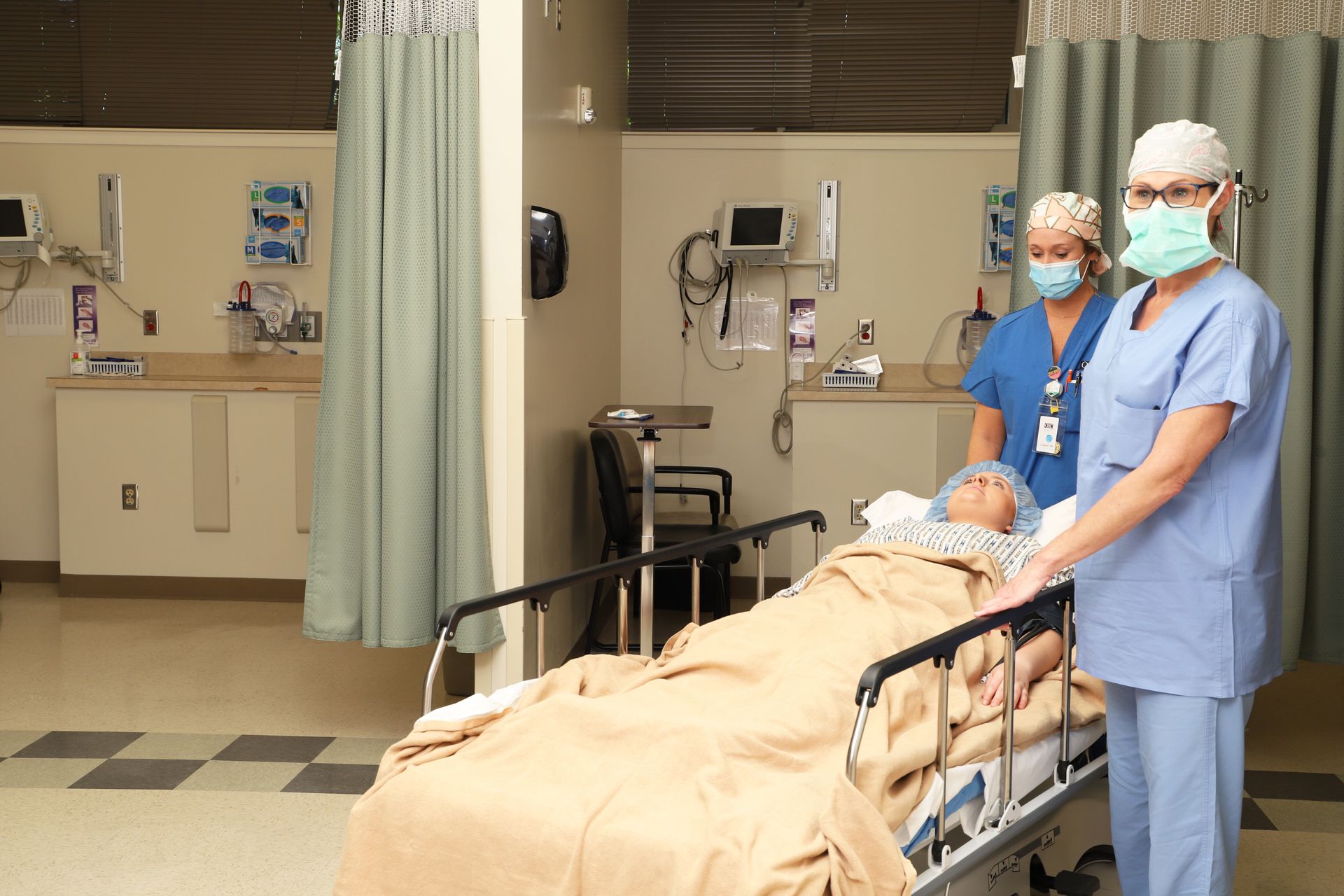Arthritis is inflammation or degeneration of the joints that leads to pain and stiffness. It can occur alone or in conjunction with another health condition. In total, there are over 100 ways in which arthritis may be classified, making the treatment of arthritis highly individualized and a one-size-fits-all approach impossible. For instance, patients who are suffering from osteoarthritis, or degenerative arthritis, will likely require a different treatment regimen than those with rheumatoid or psoriatic arthritis which arise from autoimmune disorders. Furthermore, the most successful treatment plans generally involve not just one therapy, but a combination of many that work together to produce the most desirable results.
Medications for Arthritis
Most patients with diagnosed, symptomatic arthritis take medication as part of their overall treatment plan. The exact drugs used will vary from one patient to the next and will depend on both their symptoms and the type of arthritis. Generally, these medications fall into one of the following categories:
- Analgesics – These drugs are pain relievers, but they do not address inflammation. Tylenol, or acetaminophen, is the most common, over-the-counter example. However, these may also include prescription opioid analgesics.
- NSAIDs – Nonsteroidal anti-inflammatory drugs are those used to relieve pain as well as inflammation, making them among the most useful treatment options for arthritis sufferers. These may be purchased over-the-counter or prescribed in higher strengths.
- Biologic Response Modifiers – Biologics are drugs which are genetically engineered from human genes and used to target specific areas of the immune system tied to inflammation. They can be highly beneficial in treating forms of autoimmune arthritis.
- DMARDs – Disease-modifying antirheumatic drugs protect joints from the body’s immune system and impede inflammation. They are often prescribed in conjunction with biologics.
- Corticosteroids – Corticosteroids such as prednisone and cortisone are useful for arthritis as they both suppress the immune system’s response and reduce inflammation. They may be delivered either through oral medications or injections to the joint.
In addition to these traditional drug treatments, new options are continually being introduced and explored.
Self-Care Arthritis Treatments
In addition to medication, there are many at-home options which can help improve the symptoms of arthritis. These therapies may be either preventative or remedial in nature and often include:
- Massage
- Acupuncture
- Hot and cold therapy
- Vitamins and supplements
- Weight loss
- Exercise
While each of these may prove effective for patients, weight loss and exercise are among the most consistent in providing improvement. In fact, research shows that physical activity can improve pain levels and overall physical function for arthritis sufferers by about 40 percent.
Joint Surgery for Arthritis
In severe cases, when symptoms are worsening and all other treatment options have been exhausted, joint surgery may be a viable option. Exactly which type of surgery is used will depend on factors such as patient age, type of arthritis, and joints affected. However, the most commonly used form of joint surgery is replacement of the knee or hip. In these procedures, the affected joints are removed and replaced with artificial components, typically with exceptional results. About 90 percent of patients report significantly less pain following their joint replacement surgery, and less than 2 percent suffer serious complications. Furthermore, these replacements are durable with about 85 percent continuing to work 20 years later.
Cartilage Regeneration for Arthritis of the Knee
Cartilage regeneration is among the newest and most exciting treatment options for sufferers of arthritis within the knee. Dr. Joseph Broyles of Bone & Joint Clinic of Baton Rouge has been using a groundbreaking technique known as biologic augmented microdrilling (BAM) since 2011. This outpatient procedure uses the body’s own stem cells to help regrow lost cartilage and significantly reduce arthritic pain and stiffness, as well as improve overall joint function. Additionally, patients undergo postoperative physical therapy and knee injections over the next year in order to maximize results.
Arthritis is not a simple condition. It comes in many different forms, affects many different joints, and impacts patients across all ages, races, and genders. However, with the right physician and the most appropriate treatment regimen, patients can keep the impact of arthritis on their daily lives to a minimum. Whether you already have an arthritis diagnosis or feel you may have the condition based on symptoms, contact Bone & Joint Clinic of Baton Rouge and request an appointment with any one of our highly-qualified physicians.

QUICK LINKS
SIGN UP FOR OUR NEWSLETTER:
7301 Hennessy Blvd.
Suite 200
Baton Rouge, LA 70808
tel: (225) 766-0050
fax: (225) 766-1499
4463 LA 1 South
Suite A
Brusly, LA 70719
tel: (225) 766-0050
fax:
(225) 766-1499
19065 Dr. John Lambert Dr.
Suite 2100
Hammond, LA 70403
tel: (225) 766-0050
fax: (225) 766-1499
16158 Airline Hwy.
Prairieville, LA 70769
tel: (225) 766-0050
fax: (225) 766-1499
5000 O'Donovan Blvd.
Suite 306
Walker, LA 70785
tel: (225) 766-0050
fax: (225) 766-1499
Bone & Joint Clinic of Baton Rouge, Inc. complies with applicable Federal civil rights laws and does not discriminate on the basis of race, color, national origin, age, disability or sex.
Click to view our notice.
Bone & Joint Clinic of Baton Rouge | All Rights Reserved.


